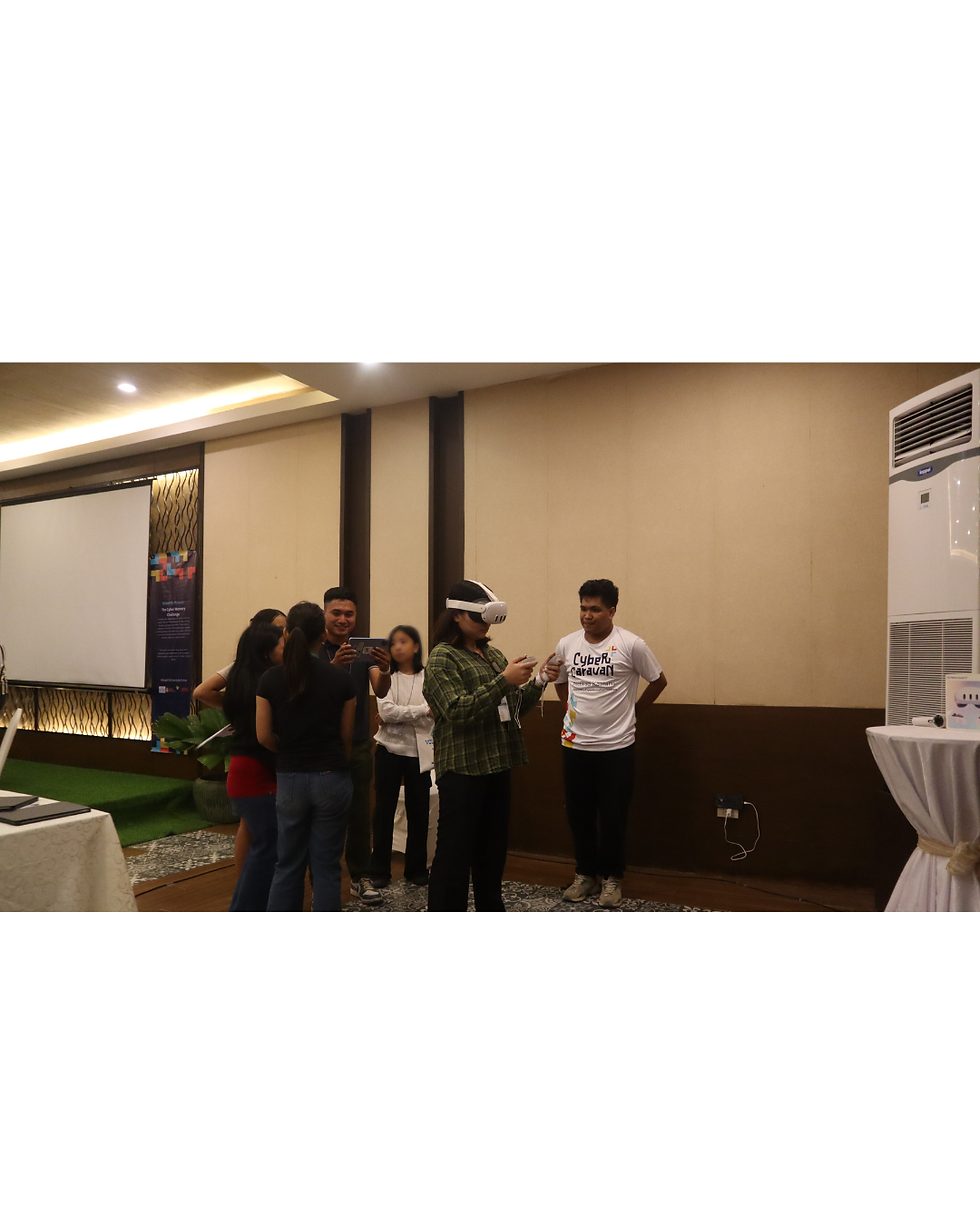Prevention of exploitation through communities; addressing causes and not just consequences
- Arise

- Apr 10, 2019
- 3 min read
Updated: Apr 21, 2020
Earlier this month, Arise visited a small remote village in rural Jharkhand, India. With only around 12 houses, each is home to an family of between 10 and 15 people. When we asked, the villagers said that currently there were five children who had migrated for work this year but had not been heard from again. They had been taken by traffickers, lured by the promise of well paid work that never existed. Countless other children, parents and husbands from surrounding villages have suffered the same fate.
This area is one of the biggest sources for exploited labour in India. Most of the people end up in Kolkata, Delhi or Mumbai forced to work in industries like construction, manual labour and domestic servitude. In order to increase the local community's resilience against these horrific crimes, Arise has partnered with the Bethany Social Services, in partnership with the Holy Cross Sisters, to empower local community based organisations in five panchayats (village groups under one council) in the Godda District.
The villages are extremely isolated and desperately poor. Most do not have electricity or running water. Children commonly do not finish primary education, meaning they cannot read or write. The nearest small town is over an hour away, and the closest small city is over 4 hours drive, but most of these villagers will never travel that far. Most families are farmers growing crops such as rice, wheat, jackfruit and watermelons. However the climate and poor irrigation mean that only one crop can be grown a year. Outside of this growing time, most migrate for work, opening themselves up for tremendous vulnerabilities.
Bethany's project is working through local people and structures to ensure sustainable change. As well as the project staff, they have trained five local animators, each nominated by their community, to raise awareness and empower the people in their panchayats. Together, they have created ‘street plays’ performed in the villages (see picture below). These cover topics from the need for health checks to the realities of human trafficking. Each animator has designed a programme of intervention based on the needs of their panchayats. Some are busy registering people, most of whom are illiterate, for government schemes such as free toilets, pensions and family rations. Others have formed women’s collectives which are operating as credit unions, where collective savings are used to cover for emergencies. Farmer’s collectives have been established to advocate for better irrigation and to try and sell the village crops for a higher price.
In one discussion with local women they explained that they had no idea that this crime existed before the animators began their work. When asked if they believed what they heard in the street plays one said the information came from "local people they knew were looking after their best interests". On the basis of what they learnt from the animators, some villages have created local checks to ensure safe migration. Now, those migrating, and those facilitating it, are registering with the panchayat leader who records their exact destination as well as contact information. This allows families to trace their members and gives them more leverage to hold employer to account for lost wages or any other exploitative practice.
Instilling this kind of resilience cannot be underestimated; it is crucial in effectively and sustainably preventing any more humans suffering this horrific crime. By working through the local community, the Bethany community have already managed to take significant strides towards preventing these crimes. We are only a year into this project; it has another three years to go. Arise is confident that with this kind of passionate local empowerment we can make a real difference in the lives of these unbelievably at-risk people.









